How to Extract Pages from a PDF: Quick and Simple Methods for Every User
Why would you need to get pages out of a PDF? Well, there are many reasons. Academic files, contracts, business reports, eBooks, it's time-saving, space-saving, and makes the workflow more efficient when not working with the whole file but with a particular part of it.
Common scenarios:
- Share only relevant parts of a document with others
- Create new PDFs from selected chapters or pages
- Extract forms or invoices for record-keeping
- Organize large PDF scans into smaller, more manageable parts
Knowing how to get pages out of a PDF allows you to manipulate your documents better. Luckily, there are free and paid tools for this. We'll discuss a few of them below, the easy ones and the more professional ones.
Part 1. 4 Methods to Extract Pages from a PDF
Method 1: Using Adobe Acrobat (Paid Solution) to Extract PDF Page
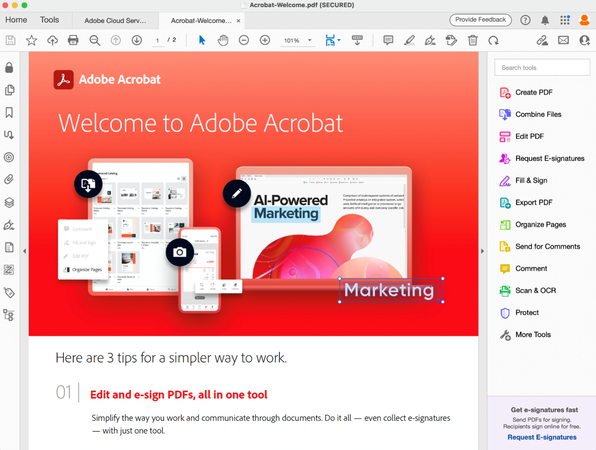
Adobe Acrobat Pro DC is a professional software that is commonly used by most professionals. It will have powerful editing, organization, and management tools to handle PDF files and will allow the extraction of particular pages.
How It Works:
When you have opened a PDF document using Adobe Acrobat, you can use the Organize Pages tool to pick out the page numbers that you desire to pull out. It is possible to select a page or a series of pages. Once having selected them, you may then click on the "Extract option that will allow you to save them in the form of a new PDF. It also has an option of deleting the extracted pages in the original document in the event that they were required.
Pros:
- High-quality output
- Secure and privacy-focused
- Can handle large files and complex PDFs
- Comes with additional editing and converting tools
Cons:
- Subscription-based (monthly or annual fees)
- The interface may be overwhelming for casual users
Method 2: Free Online Tools to Extract a Page from PDF
In case you are not interested in downloading some software, it is quite possible to download PDF pages for free at many websites. They are perfect to use for simple phone duties and can be accessed through any browser.
How It Works:
You submit your PDF to the site, choose which parts of it to get out (by page set or by page), and you download a new PDF made just of a small number of these pages. Drag-and-drop capability as well as user-friendly interfaces are featured on most tools.
Pros:
- Free to use for basic tasks
- No need to install software
- Quick processing time
- Works across devices
Cons:
- May have file size limits (often under 50MB)
- Some tools display ads or limit usage without registration
- Security concerns when uploading sensitive files
Best For:
Students and freelancers who might have to fetch a few pages every now and then without the need to install new software.
Method 3: Using PDF Software (Foxit PDF Editor or Similar)
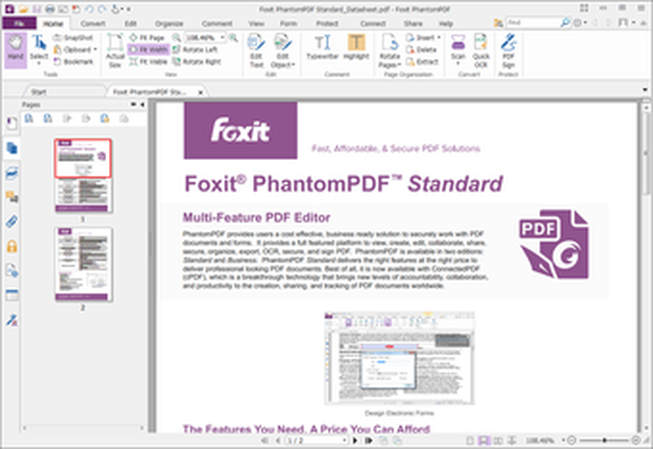
Foxit PDF Editor is a less expensive substitute for Adobe Acrobat. It will provide most of the features, like page extraction. It also comes in a Windows and macOS version, thus most users can use it.
How It Works:
When you have your PDF in Foxit, you should use the "Organize" tab or the "Pages" tab to select the range of your desire. Next, select the command of Extracting Pages and save the new file. It is very analogous, though easier to navigate in process compared to Acrobat, but lighter in interface.
Pros:
- More affordable than Adobe Acrobat
- Includes OCR (optical character recognition)
- Supports annotations, form-filling, and page editing
Cons:
- The free version has limitations
- Some features may be locked behind a paywall
Best For:
As a developer or a power user, one can have complete control over PDF files using tools such as PDFtk or scripting libraries such as PyPDF2 (for Python). These alternatives are not meant to be entry-level but offer automation features that can be applied when repeat work has to be done.
How It Works:
With the help of command-line tools, you provide commands to retrieve pages within a range and store them in a different file. As an example, you can instruct it to make a copy of two to five pages and store them in a PDF. Using scripting languages such as Python, it is possible to create some code that would open a PDF file, choose the few pages you want, and automatically write them to a new file.
Pros:
- Fully customizable
- Great for automating tasks
- Lightweight and fast
Cons:
- Requires technical knowledge
- No visual interface
- Not suitable for one-time casual use
Best For:
IT experts, system programmers, and highly competent users who require repeatability of PDF processing.
Part 2. Step-by-Step Guide for Extracting Pages
How to Extract a Single Page from a PDF
Let's say you have a 10-page report and want to share only page 3.
Using Adobe Acrobat:
- Open the document
- Go to "Organize Pages"
- Select page 3
- Click "Extract"
- Save the new document
Using Online Tools (e.g., PDF2Go):
- Visit the website
- Upload your PDF
- Choose only page 3
- Click "Split" or "Extract"
- Download the resulting file
Saving and Exporting the Extracted Pages
Most tools offer options to:
- Export as a New File: Save the extracted pages into a new document
- Delete from Original: Remove those pages from the original file (optional in premium tools)
Once excluded, it is good to always check the size of the file to make certain that all details are saved properly. Take care to use naming conventions so there will be no confusion, such as Chapter3_Extracted.pdf.
Part 3. Alternative: Extracting Pages Without Software
If you're using macOS or Windows, you can extract PDF pages using built-in tools-no extra downloads needed.
macOS Preview
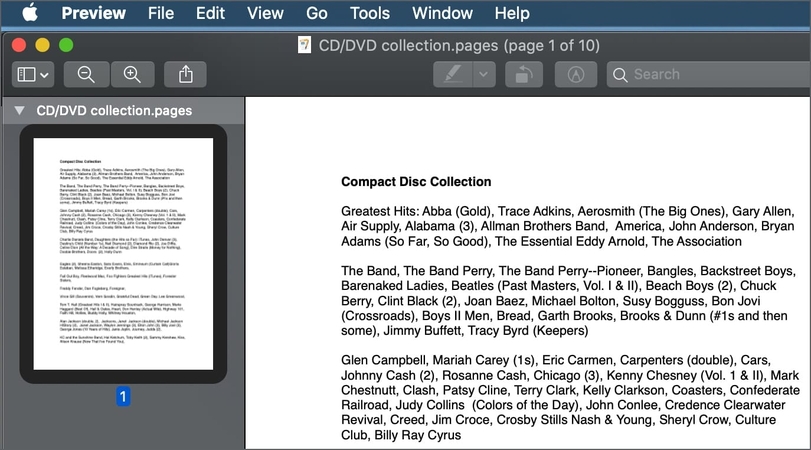
- Open the PDF in Preview
- Show the Thumbnails pane
- Select the pages you want
- Drag the selected pages to your desktop or choose File > Export as PDF
- Name and save your new document
Windows "Print to PDF"
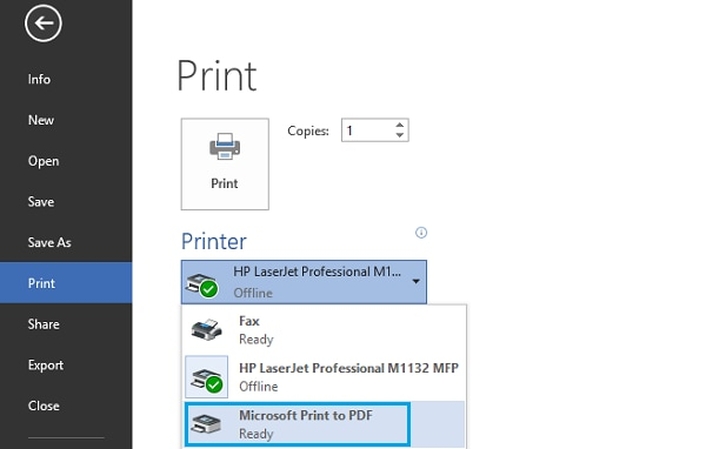
- Open the PDF in a browser like Chrome or Microsoft Edge
- Press Ctrl + P to open the print menu
- Choose "Microsoft Print to PDF" as the printer
- Enter the desired page range
- Click Print and save the output as a new file
This method doesn't truly "extract" pages but reprints them into a new PDF, which works just as well for most needs.
Part 4. Troubleshooting Common Issues When Extracting PDF Pages
Extracted Pages Won't Open or Are Corrupted
- Try using a different tool or method
- Ensure the original file isn't damaged
- Avoid multitasking or editing while extracting
PDF is Password-Protected
If the PDF has restrictions:
- Use tools like Smallpdf's Unlock PDF tool
- Contact the creator of the document for access
- Avoid using unauthorized software to bypass security if the file is protected for legal reasons
Part 5. Enhance Extracted PDF Pages with HitPaw FotorPea
Once you know how to pull out a page of a PDF, the next step will be to improve its quality, particularly in the case of scanned files, contracts, or older ones. HitPaw FotorPea comes in with that. It is a strong utility program to edit as well as improve the PDF images.
FotorPea enables the user to:
HitPaw FotorPea - All-in-one Photo Editing Tool for Win & Mac
Secure Verified. 212,820 people have downloaded it.
- Sharpen scanned PDF content
- Denoise grainy visuals or text-heavy documents
- Improve color clarity and brightness
Secure Verified. 212,820 people have downloaded it.
How to use it enhance PDF quality:
Step 1.Visit the HitPaw FotorPea official site.
Step 2.Upload the extracted PDF to the software.

Step 3.Choose enhancement options like Sharpen, Denoise, or Color Adjust.
Step 4.Export your file back as a high-quality PDF.

This is especially useful when working with PDFs that originated from scans or screenshots.
Unblur Text on A Picture in One Click
Conclusion
You should learn how to extract pages from a PDF to really improve your document management. To make you more comfortable and frequent in doing the task, you can choose the best suitable tool based on your needs.
No one does post-processing after extraction, hopefully, and HitPaw FotorPea is here to help with all the power to enhance your freshly extracted PDF files. By combining extraction and enhancement tools, you can have your PDFs both organized and visually optimized.



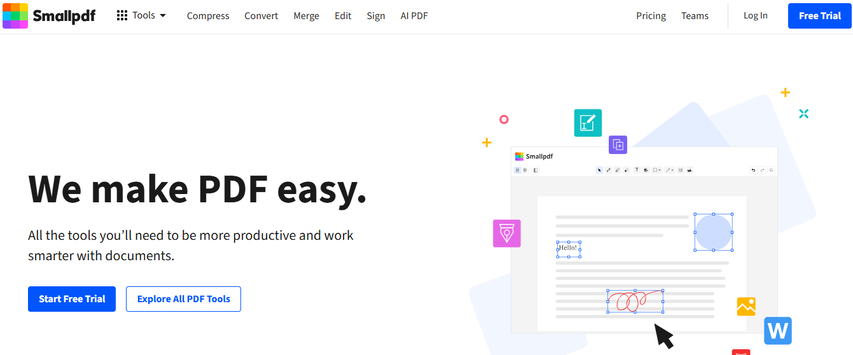
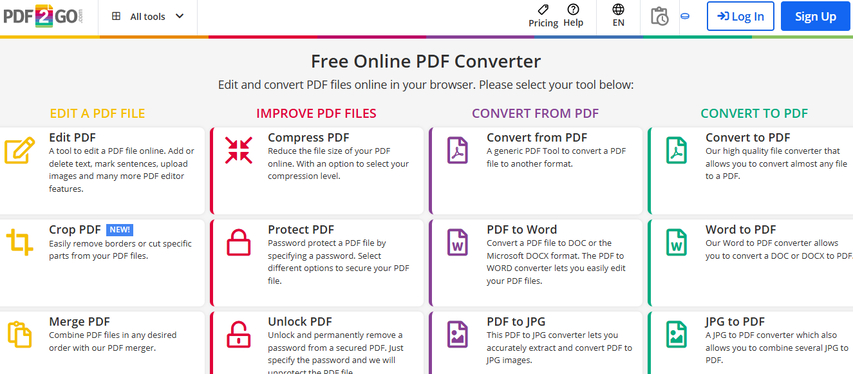
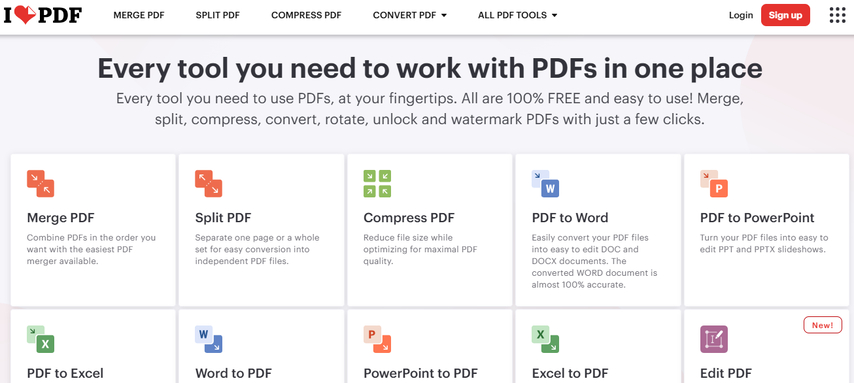
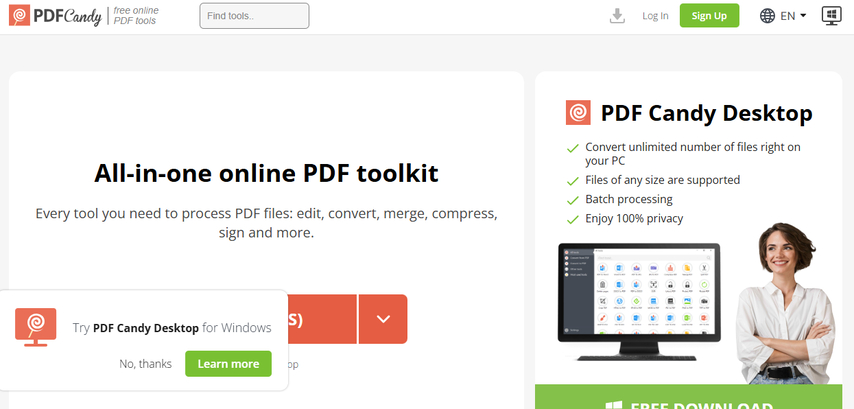
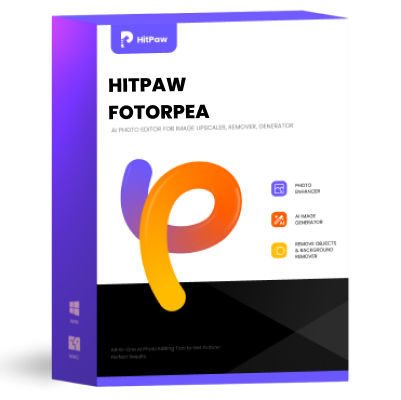
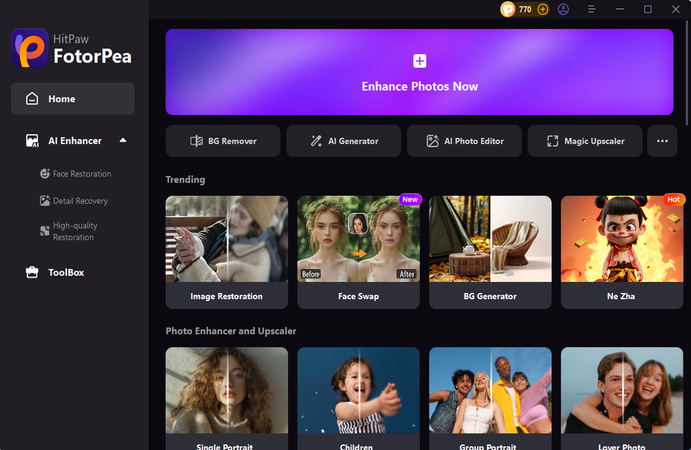
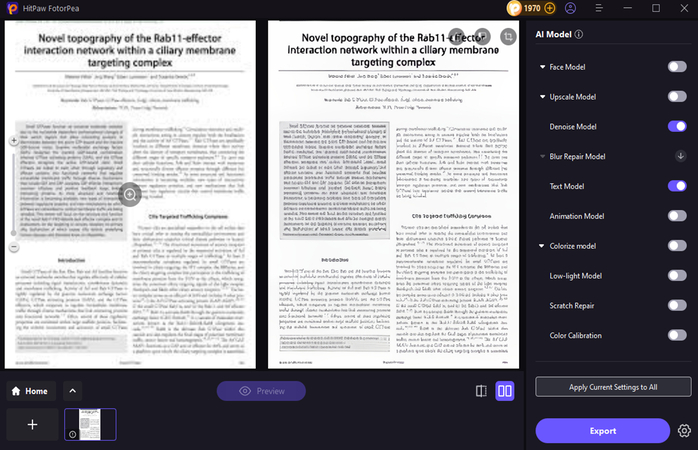





 HitPaw Univd (Video Converter)
HitPaw Univd (Video Converter)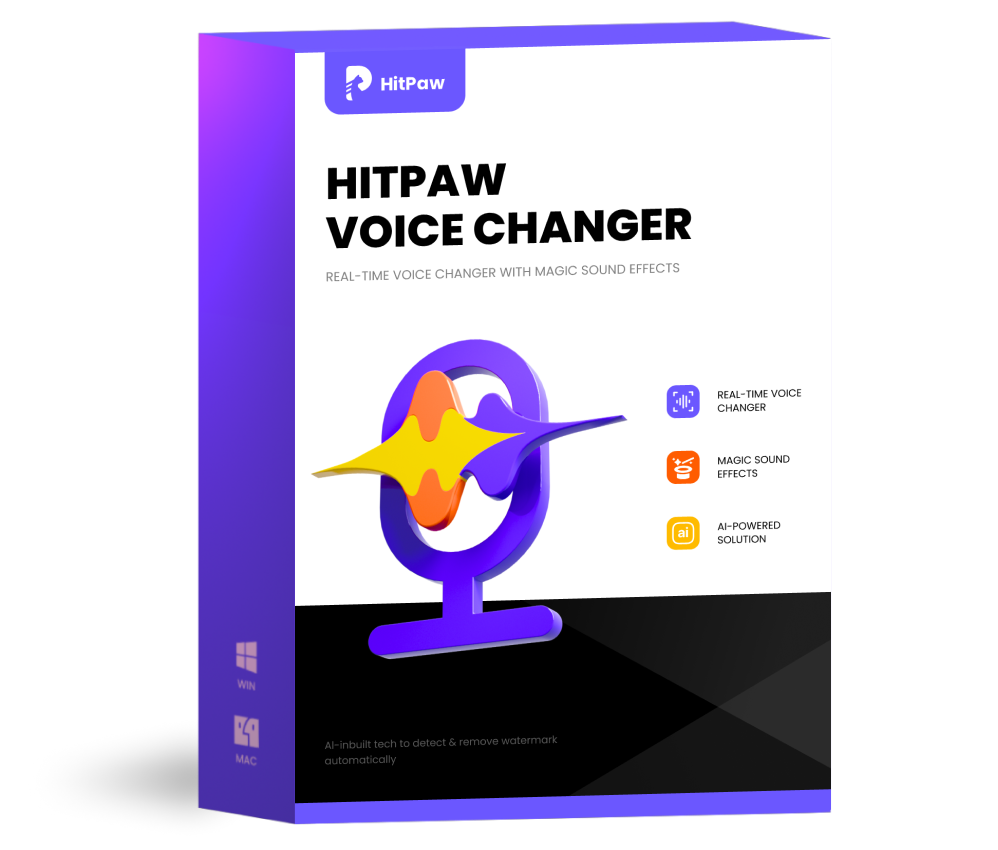 HitPaw VoicePea
HitPaw VoicePea  HitPaw VikPea (Video Enhancer)
HitPaw VikPea (Video Enhancer)



Share this article:
Select the product rating:
Daniel Walker
Editor-in-Chief
This post was written by Editor Daniel Walker whose passion lies in bridging the gap between cutting-edge technology and everyday creativity. The content he created inspires the audience to embrace digital tools confidently.
View all ArticlesLeave a Comment
Create your review for HitPaw articles